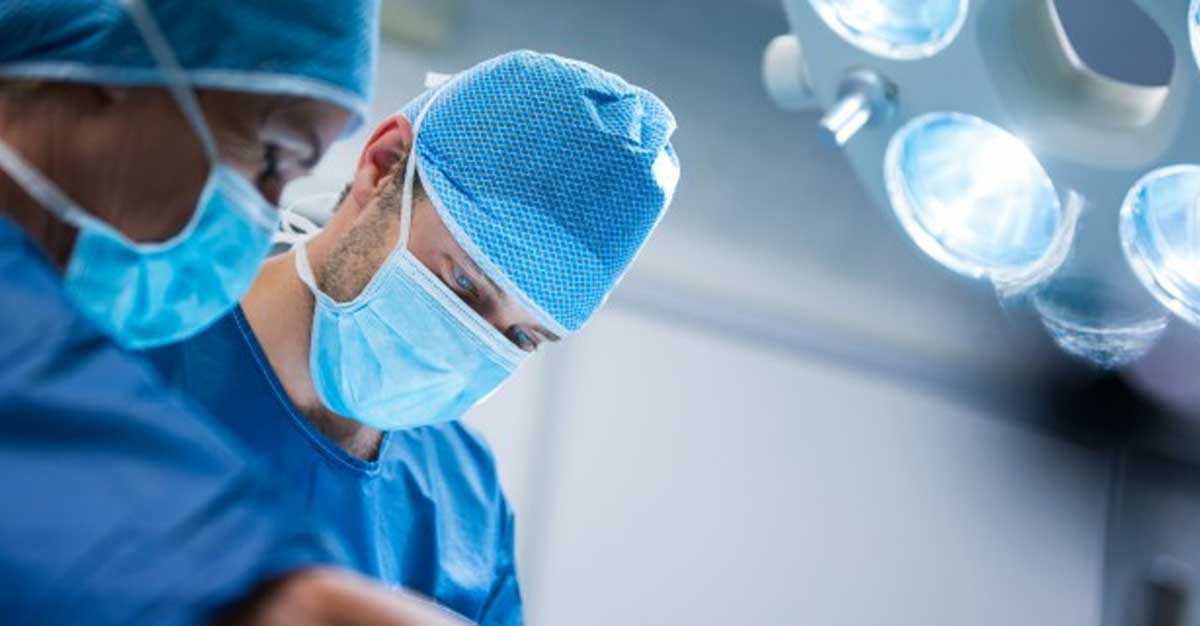A hernia occurs when your internal organ busts through an opening or protective layer of tissues and muscle. For example, the intestine may smash through a destabilized area in the abdominal wall. There are a number of types of a hernia but most commonly it occurs in the abdomen. However, the most predictable areas may include:
- Your groin areas
- The upper thigh
- Belly button
- Between your navel and sternum
How To Spot It?
This disease can also occur at the site of surgical opening or near your belly button. However, if you have a this disease is in your abdomen or groin then you can spot it by noticing a bulge or lump that can be pushed back in. A lump that occurs due to this disease might disappear while you’re lying down. But most of the women typically experience internal hernias that cannot be spotted. In such cases, you might just experience consistent pain that has no other explanation or apparent reason.
What Causes A Hernia?
This disease are generally caused by a combination of muscle weakness and strain but there are things that can put you more at risk. This disease can be developed quickly or over a long period of time, it just depends on its cause. Some of the common causes of muscle weakness include:
- Age (tissues get looser when you’re older)
- Hereditary
- Damage from injury or surgery
- Chronic coughing
- Failure of the abdominal wall to close properly in the womb


Treatment Options For A Hernia:
Treatment options depend on the size of a this and severity of your symptoms. But once you get a hole in your muscle or tissue that allows an internal organ to push through, that hole will not seal up on its own. You have to consult with the doctor and he will monitor your hernia for possible complications. Treatment options for a hernia include:
- Surgery: if your hernia is growing larger and causing you a severe pain, then your doctor may suggest you its best to operate. Hernias can be treated with open or laparoscopic surgery.
- Lifestyle changes: some dietary changes can often treat the symptoms of a hernia, but you should keep in mind that it won’t make a hernia go away. Just keep your body weight healthy and avoid larger or heavy meals. Also, don’t lie down or bend over after taking your meal.
- Medication: there are some prescription medications that can reduce the stomach acid and can relive your discomfort of a hernia by improving symptoms.


You can’t always prevent muscle weakness that allows this disease to occur but some prevention tips may help you avoid a hernia. So, avoid lifting heavy weights and straining during bowel movements or urination. However, it is always important to recognize the early signs because an untreated hernia won’t go away on its own.





